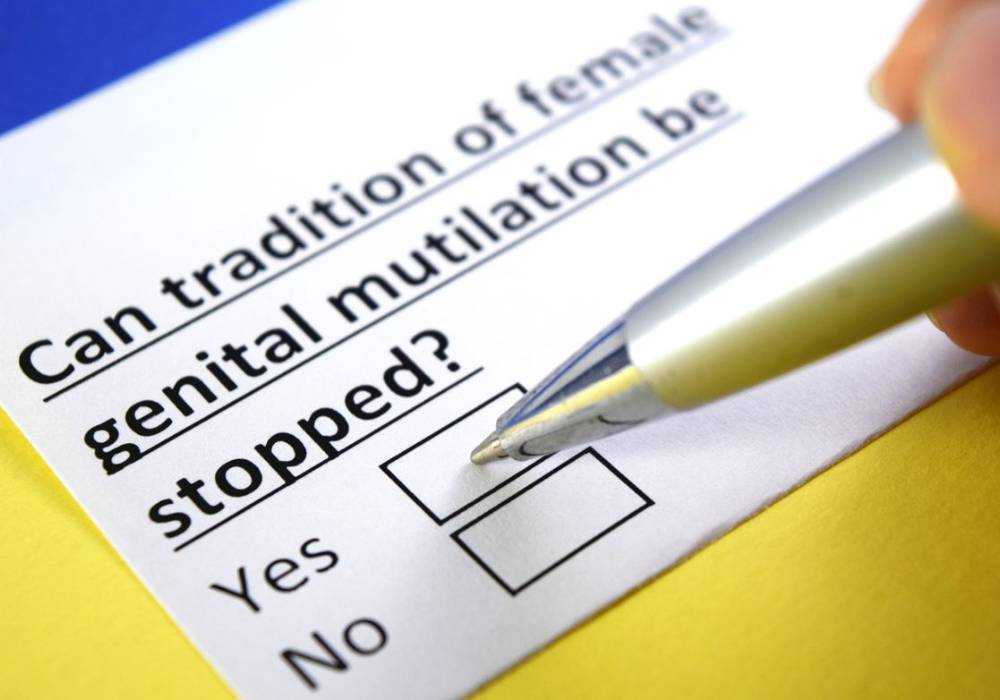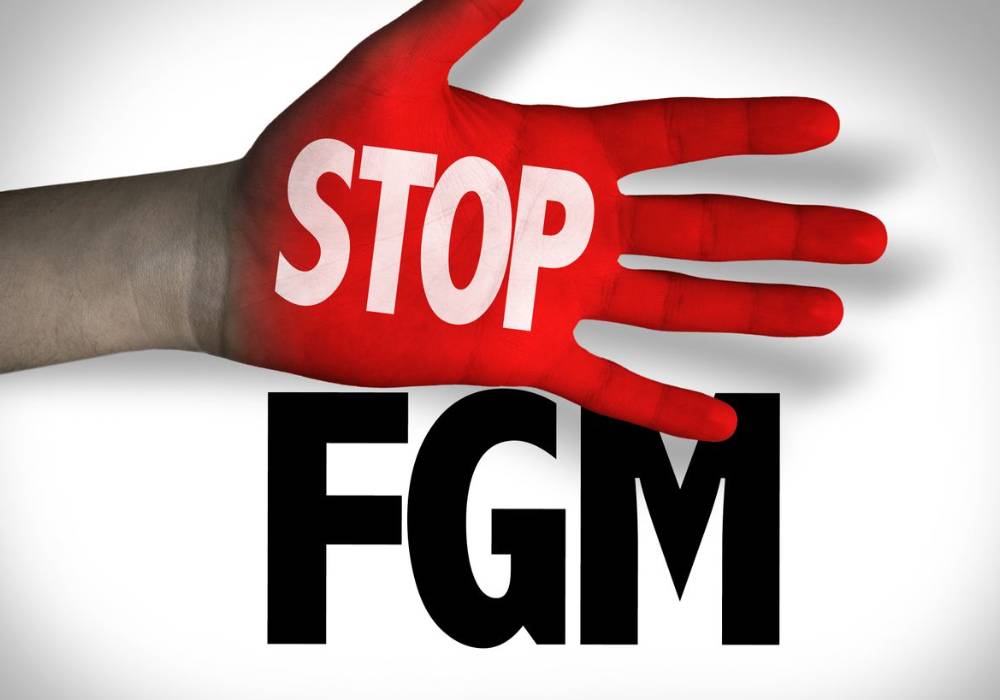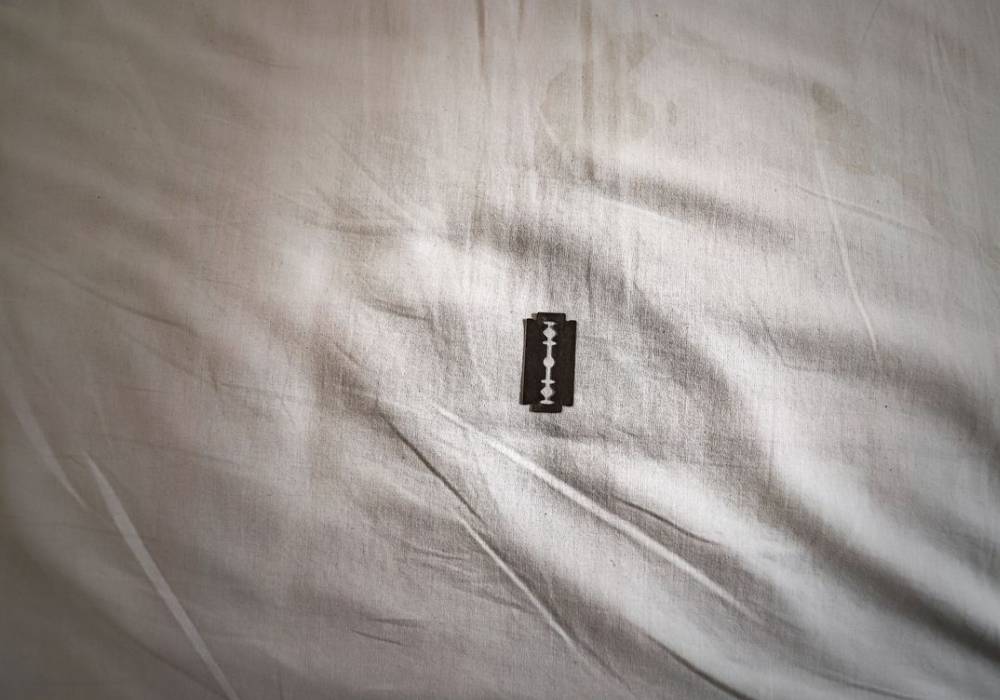The year 2020 may have gone down in history as one of the most notorious for the world due to the COVID-19 pandemic, but in a certain part of human society, it brought a milestone change. In May 2020, in Sudan, Female Genital Mutilation (FGM) was announced to be a criminal offence. In Sudan, a whopping 87 per cent of young girls were subjected to this intrusive practice. This means FGM has been a deeply ingrained part of Sudan’s culture and still, they were able to legally ban the practice.
What is FGM? It is the non-medical cutting of female genitalia, often without administering anaesthesia. India’s Bohra Muslim community continues to have FGM as a practice that violates around 80 per cent of girls, as per a study titled, The Clitoral Hood A Contested Site by We Speak Out. The colloquial word used by the community is Khafz/Khafd for the same practice. And with a population of more than two million, the number of girls and women who become victims of FGM is colossal.
Being in denial
Before 2018, there wasn’t any official study that looked into the prevalence of FGM in India—despite it being very evidently there. It was—and to a great extent, still is—a practice that everyone knew of, but never acknowledged, legally speaking. In 2017, Women and Child Development Minister, Maneka Gandhi said that the government will ban the merciless practice if the Bohra community doesn’t stop it on their own.
But social change doesn’t ever happen voluntarily, does it? Sati had to be banned for it to stop. Dowry had to be criminalised for it to become less prevalent than it was earlier. How can one expect the community to wake up one day, enlightened with the concept of human rights and just abandon the culture of Khafz, without it being enforced by law? That’s as far as delusional optimism goes.

Supreme Court on FGM
To date, no law bans FGM in India. In 2017, Sunita Tiwari, a lawyer based in Delhi petitioned to seek a ban on this intrusive practice. There has been a little back and forth but here we are, in 2021, with no relief.
In 2018, a bench hearing the case said, “Why and how should the bodily integrity of an individual be part of the religion and its essential practice?” It further questioned, “Why should anybody else have any control over the genitals of an individual?”
The legal debate
Female Genital Mutilation is a cultural practice that has its roots in patriarchy. However, due to the internalised misogyny and orthodox beliefs, there are women in the Bohra community that oppose the possible ban on the practice. The Dawoodi Bohra Women for Religious Freedom is founded by six women who oppose the ban and claim that it is their right to follow what they religiously believe in. People on this side of the debate often used Article 25 and Article 26 of the Indian Constitution to retain Female Genital Mutilation.
Article 25 guarantees “freedom of conscience and free profession, practice and propagation of religion”, and Article 26 says “all denominations can manage their own affairs in matters of religion.” However, FGM violates the constitutional rights of girls and women in many ways. In 2018, the Supreme Court asserted, “The right to privacy is an intrinsic part of the right to life and personal liberty under Article 21 of the Indian Constitution.” The court also added that it includes sexual and reproductive autonomy which FGM violates. Thus, the court and lawmakers uphold that FGM should not have protection under Article 25 and Article 26.

Continuance of FGM
According to the World Health Organisation (WHO), there are several reasons why the practice continues, even today. “Sexual control, protection from rape, reduction in the likelihood of pre-marital intercourse, marriageability, fear, money, hygiene, tradition, and religion are all driving forces,” a WHO report says.
The study by We Speak Out also found that the practice continues because people believe they should stick to the traditions and religious beliefs their community promotes, and to curb female sexuality. Mothers get their daughters cut because they think it will protect them from dire consequences and increase their marriageability. There is also a fear of being ostracised from the community if they choose to not follow the tradition.
One thing to note is that mothers who get their daughters cut don’t mean harm; they genuinely believe they are helping them. Thus, both legal and social measures must be taken to end FGM.
“The Government of India must stop denying the existence of Khafd and act to end it. The harmful traditional practice violates several of India’s obligations under numerous international treaties and violates many rights of women and girls enshrined in the constitution,” the study advocates. “Anti-FGM/C legislation must primarily target providers of Khafd. A targeted, grassroots level outreach program needs to be implemented reaching younger women (19-30 years) in medium cities and small towns with higher concentrations of Bohras,” it further advises.

Impact of FGM on victims
The same study revealed that 97 per cent of the women who went through FGM remember it as a “painful experience” they had when they were young. They reported experiencing “painful urination, physical discomfort, difficulty walking, and bleeding.” The study added, “Approximately 33 per cent of women subjected to Khafd in the study believe FGM/C has negatively impacted their sexual life. Low sex drive, inability to feel sexual pleasure, difficulty trusting sexual partners, and over-sensitivity in the clitoral area were some of the problems identified by several women. Amongst the psychological consequences of FGM/C, many participants in the study reported feelings of fear, anxiety, shame, anger, depression, low self-esteem, and difficulty trusting people as some of the fallouts of their FGM/C experience.”
The practice of Female Genital Mutilation is intrusive and violates the human rights of women. It leads to a plethora of physical and mental health issues, promotes misogyny and takes the constitutional rights away from women. What more will it take to be banned in India? If it can be banned in Sudan, why is India still turning a blind eye to it, comfortably refusing to even acknowledge it openly?
Also Read: Women Open Up About Their First Period And The Things They Wish They Knew Back Then
Also Read: Expert Speak: What Pregnant Women Should Know About Bleeding And Vaginal Discharge